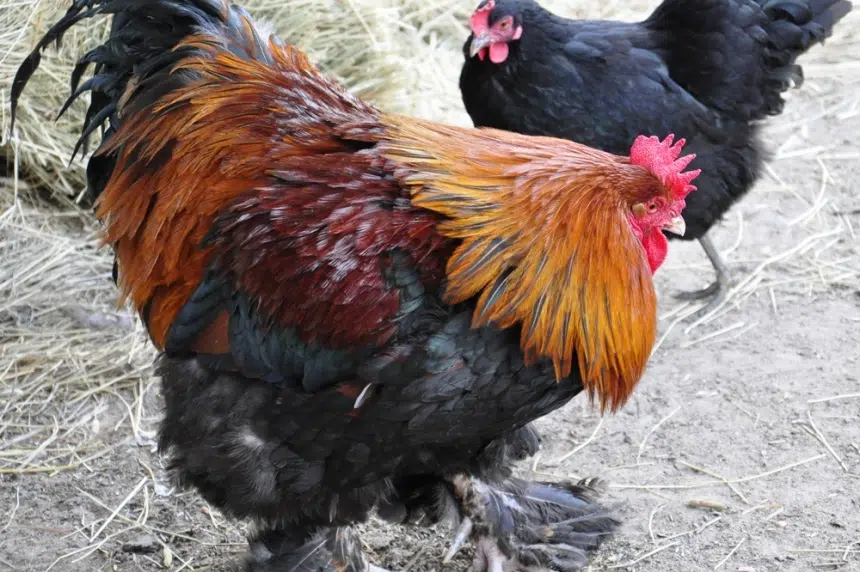Poultry producers in Saskatchewan are having to keep their eyes a little wider and look a little sharper at their flocks after avian flu was identified in two different poultry flocks in the province last week.
The first was in the R.M. of Moose Creek on April 14 and the second was in the R.M. of Loreburn on April 16, about 4 1/2 hours away from the first, according to the Canadian Food Inspection Agency (CFIA).
Graham Snell, executive director of the Chicken Farmers of Saskatchewan, said bird flu can be very serious in the bird population and can end up being fatal.
“It’s dangerous to all flying birds, animals, including poultry,” said Snell.
The association is working closely with the CFIA on what’s happening.
“Our producers are definitely worried. They’re watching the news same as us (and we’re) trying to keep in constant contact with them, letting them know what’s going on,” said Snell.
The CFIA and Snell are encouraging producers to keep up their biosecurity by making sure they’re sanitizing vehicles, limiting visits to appointment only, tracking who goes in and out of the property, changing footwear before going in and out of the barn, and frequent testing.
Snell said the virus got into the populations from migratory birds.
“You can’t stop them. They’re flying back from the winter and they’re flying over top and they’re landing in all the fields,” said Snell.
But Snell explained the chances of one farm infecting another in Saskatchewan is slim because the farms are so spread apart.
There are new rules out for poultry flocks which Snell said mostly amount to no unnecessary travel. But with broiler chickens, which he said most in Saskatchewan are, there isn’t much travel anyway.
Some farms in Eastern Canada have reported having to cull thousands of birds because of the flu but, as of Wednesday afternoon, Snell said he hadn’t heard any official word about birds being put down in Saskatchewan.
When it comes to what’s being put on the dinner table, Snell said people don’t have to worry.
“A case of this making a human being sick is extremely rare and I can assure you that no birds that are infected are sent to processing plants at all,” Snell said. “There’s nothing but healthy birds being in the process plants and going out to retail and the general public has nothing to worry about health-wise.”











